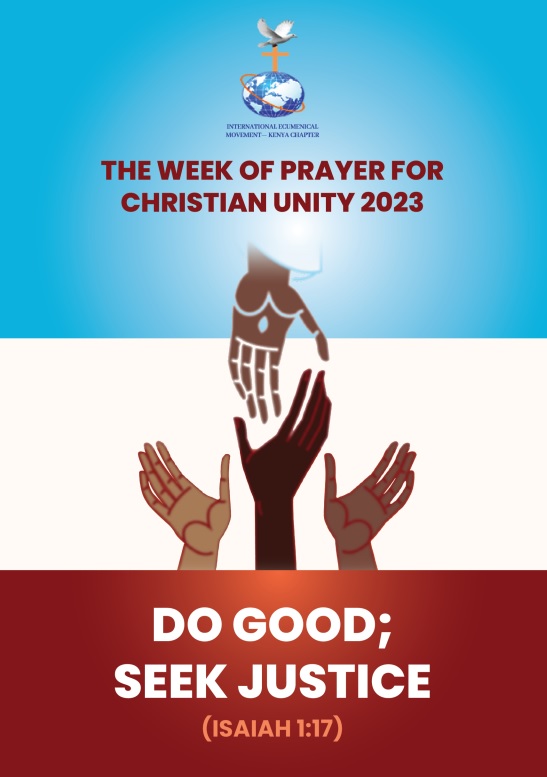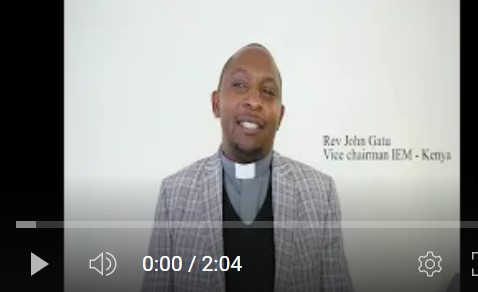1 Kgs 17:10-16; Heb 9:24-28; Mk 12:38-44
Dear Brothers and Sisters in Christ,
The first reading and the gospel presents to us two women of extraordinary generosity based on their trust in the providence of God. They have almost nothing but give all they have.
The two stories are a lesson we learn from the poor. Having almost nothing, they put all their trust in God. When we put our trust in God, we lack nothing. For God always reward those who put their trust in him, in a way that goes beyond our expectations. The two readings present to us the story of two widows. They have a privileged place in both stories. ‘The real widow, left alone, has set her hope on God and continues in supplication day and night’ (1 Tim 5: 5). Both widows, in today’s readings, gave all that they had to live on while trusting in a God who provides. Both Elijah’s and Jesus’ action show that God gives a special attention to the most vulnerable and disadvantaged people.
Widows in the time of Elijah and in the time of Jesus were not considered in the Society. They were often exploited. In the biblical tradition they are counted among the poor of Yahweh, alongside the orphans, the strangers and the prisoners. As they are rejected by the society, they only have God as their defender and protector. God is called father of orphans and protector of widows. (Ps 68:5). They find solace and refuge in him. Often when the bible speak of them is to praise them for their tenacity, perseverance and absolute trust in God. They may have almost nothing but they do not cling even to the little they have. They easily share and do so with a generous heart trusting in a God who never fail them. The Old Testament prophets often reproached those who wronged widows. We read in Prophet Ezekiel ‘the alien within you suffers extortion; the orphan and the widow are wronged in you.’ (Ez 22: 7). The Prophet Isaiah has strong words against the rich who make widows their spoil. He says: ‘To whom will you flee for help, where will you leave your wealth?’ (Is 10:3) while Prophet Jeremiah exhorts the King and the people of Judah to repent and act with justice and righteousness in favour of the oppressed. He says: ‘Do no wrong or violence to the alien, the orphan, the poor and the widow’ (Jer 22:3). St James tells us that the religion that is pure and undefiled before God is the religion that cares for the orphans and the widows in their distress. (James 1:27).
With this background, we understand Jesus’s reaction against the scribes and his admiration for the generosity of the widow. Jesus begins by warning the people against the hypocrisy of the scribes who ‘devour widow’s houses while making a show of length prayers’. In a multitude of people who were giving their offering in the Temple, Jesus singles out one person, a widow who offered all that she had however insignificant it was. But she gave all. She became a model of generosity that does not show off nor count the cost. The rich were giving the superfluous. ‘They all contributed out of their abundance, but she (the widow) out of her poverty has put in everything that she had, her whole living.’ The same story is told of the widow in the time of Prophet Elijah. She shared all that she had to live on. We are told that she and her son never went hungry. ‘The jar of the meal was not spent, neither did the pitcher of oil.’
What is striking in today’s Gospel is that Jesus called out the disciples and explained to them the importance of the generous and selfless act of the widow. We can then deduce that Jesus wanted to gave the widow as a model for true discipleship. A true disciple is not the one who gives out of his ‘surplus’ but the one who gives himself generously without counting the cost, with a total and complete trust in God’s providence. From the two widows, we learn that all that we have comes from God. Like them are we willing to give back to God the source of all that we have? Why cling to what is not ours? We are invited to share the little with have, with a generous heart. We do not give because we have but we give because we love. With this kind of spirit, even the little we give becomes a source of blessing. We have a lot to learn from the two widows.
Our generation is characterized by a kind of inner insecurity which makes it difficult to completely trust in a God who provides. We are always afraid of not having enough for tomorrow, so we cling to what we have as security. This attitude towards material things affects also our spiritual attitude. We are always afraid of giving ourselves totally to the Lord for fear of losing something of ourselves. The story of the two widows teaches us that those who put their trust in God lack nothing. ‘O fear the Lord, you his holy ones, for those who fear him have no want. They young lions suffer want and hunger, but those who seek the Lord lack no good thing.’ (Ps 34:10). May God grand us the grace to always trust in his providence. May he teach us to give without counting the cost. This is true discipleship as we follow Christ who became poor as to make us rich. Have a blessed Sunday.
Have a blessed Sunday.
Fr. Maganya H. Innocent, M.Afr
IEM-Kenya Chairperson




